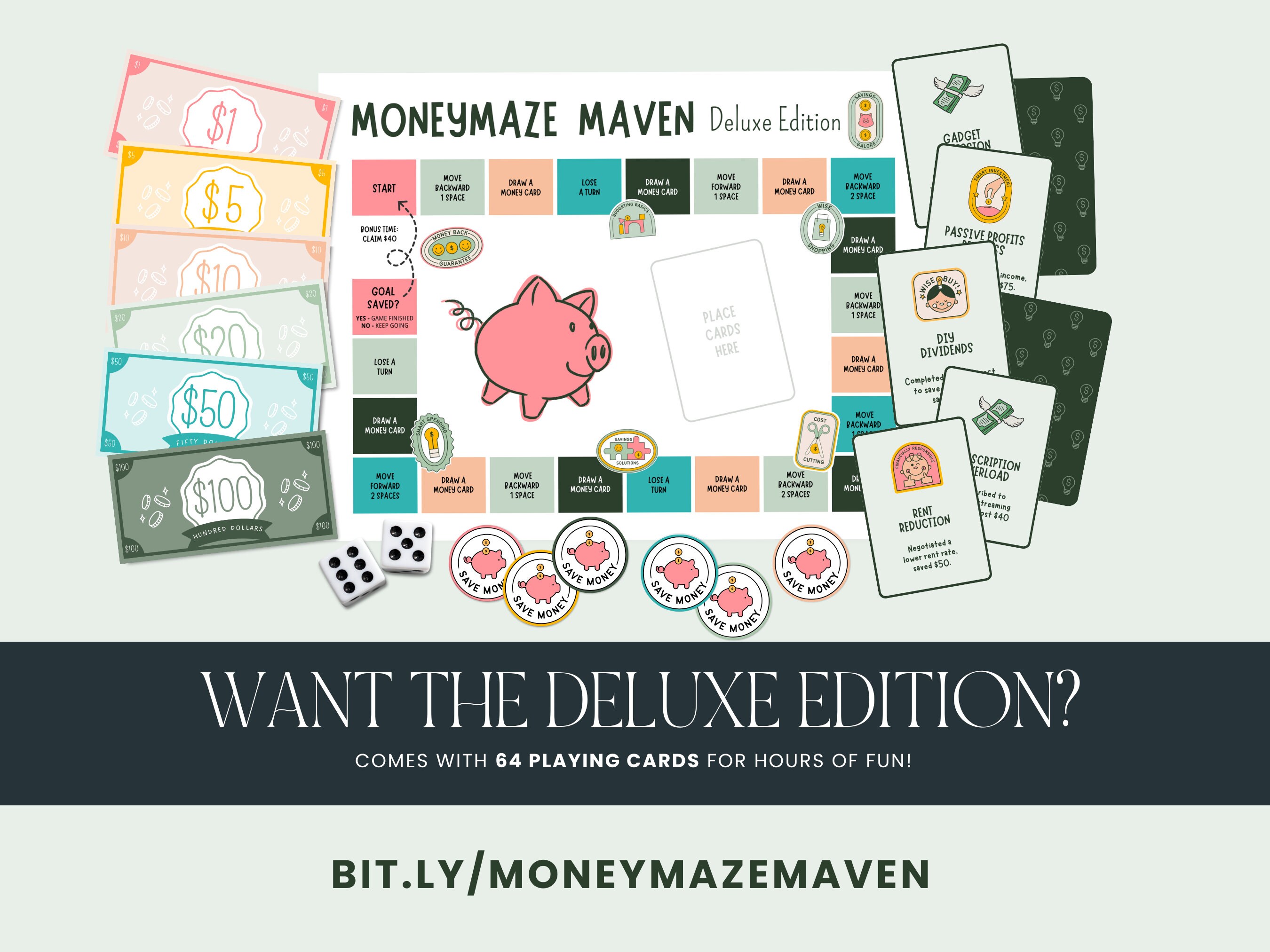In the game 80 Days, players grapple with the dual challenges of managing both money and time, which significantly influence their journey around the world. Rather than imposing immediate failure conditions, the game utilizes these resource management mechanics to enhance strategy and narrative depth.
Money Management
Running out of money is a common predicament that players might encounter, but it does not automatically lead to a game over. Instead, players can seek financial assistance by taking out loans from the bank in London, allowing them to replenish their funds. However, this comes at a notable cost: time. For instance, to secure a large loan, a player might have to wait as long as seven days. This trade-off illustrates one of the core mechanics of the game—managing available resources while negotiating the passage of time.
– Strategic Choices: When funds run low, players must make tactical decisions about how to regain financial stability without severely compromising their travel schedule. The option to wire money offers a way out of a financial bind but increases the journey’s duration, which can jeopardize the objective of completing the trip in 80 days.
– Reputation and Credit: Players’ social standing and creditworthiness also influence their ability to secure loans, adding another layer to the resource management system. This requires players to balance monetary expenses while maintaining favorable status in various cities, which could have longer-term implications for their journey.
Time Management
On the other hand, running out of time presents a different challenge. Failing to complete the journey within the 80-day limit results in failing the wager; however, the game does not end in failure but rather continues the narrative. This design choice reflects the game’s focus on storytelling and player experience rather than strict adherence to a win/loss condition.
– Narrative Continuity: When time runs out, the player’s journey evolves into a narrative setback, encouraging them to learn from their previous mistakes and encouraging retries. This design fosters a sense of exploration rather than discouragement, compelling players to adapt their future strategies.
– Wasted Days and Consequences: Time management becomes critical, as every wasted day—whether from waiting in cities, participating in side quests, or opting for longer methods of travel—can diminish the chances of a successful outcome. Players must calculate when to spend time for money or take shortcuts that might save time but cost more financially.
Conclusion
Ultimately, 80 Days effectively intertwines money and time management to create a captivating gameplay experience that emphasizes exploration and tactical decision-making. Players must continuously evaluate their resources, balancing financial expenditures with time constraints while navigating various challenges. This flexible approach allows for a rich narrative experience, where setbacks can lead to new opportunities rather than a definitive end, enriching the player’s engagement with the game world.







Leave a Reply